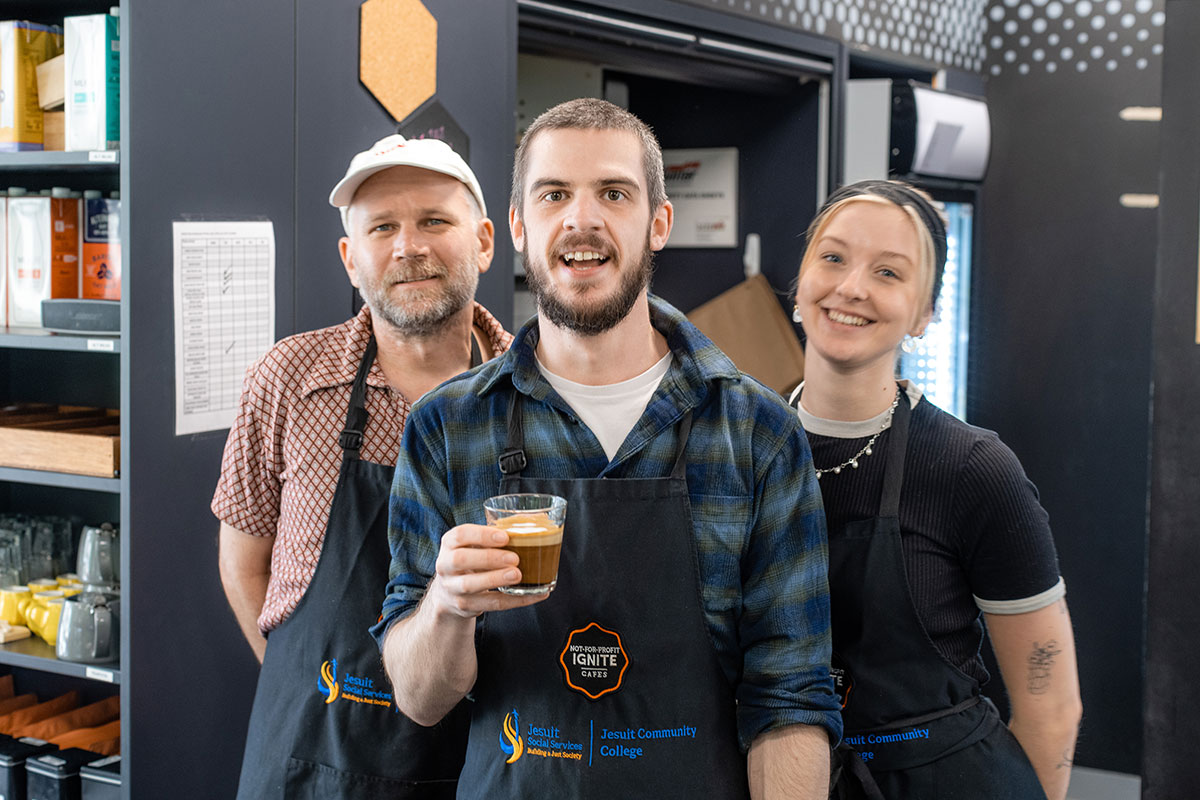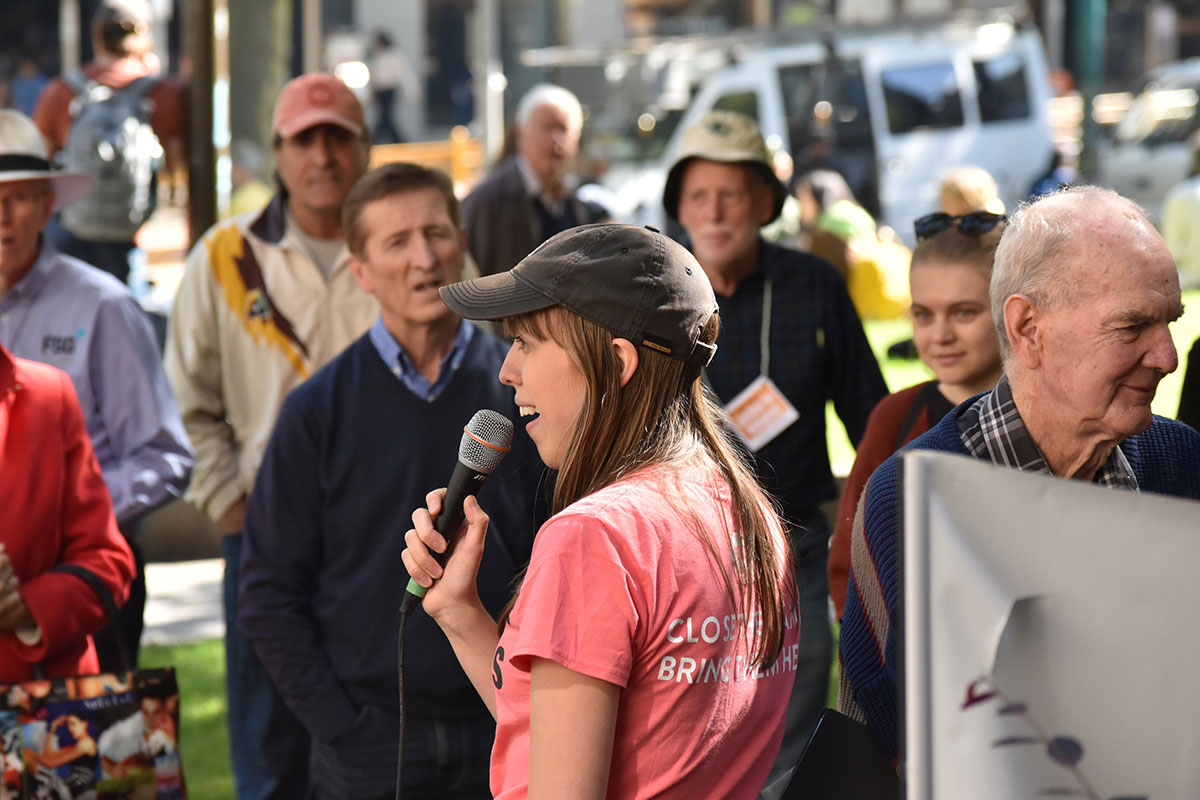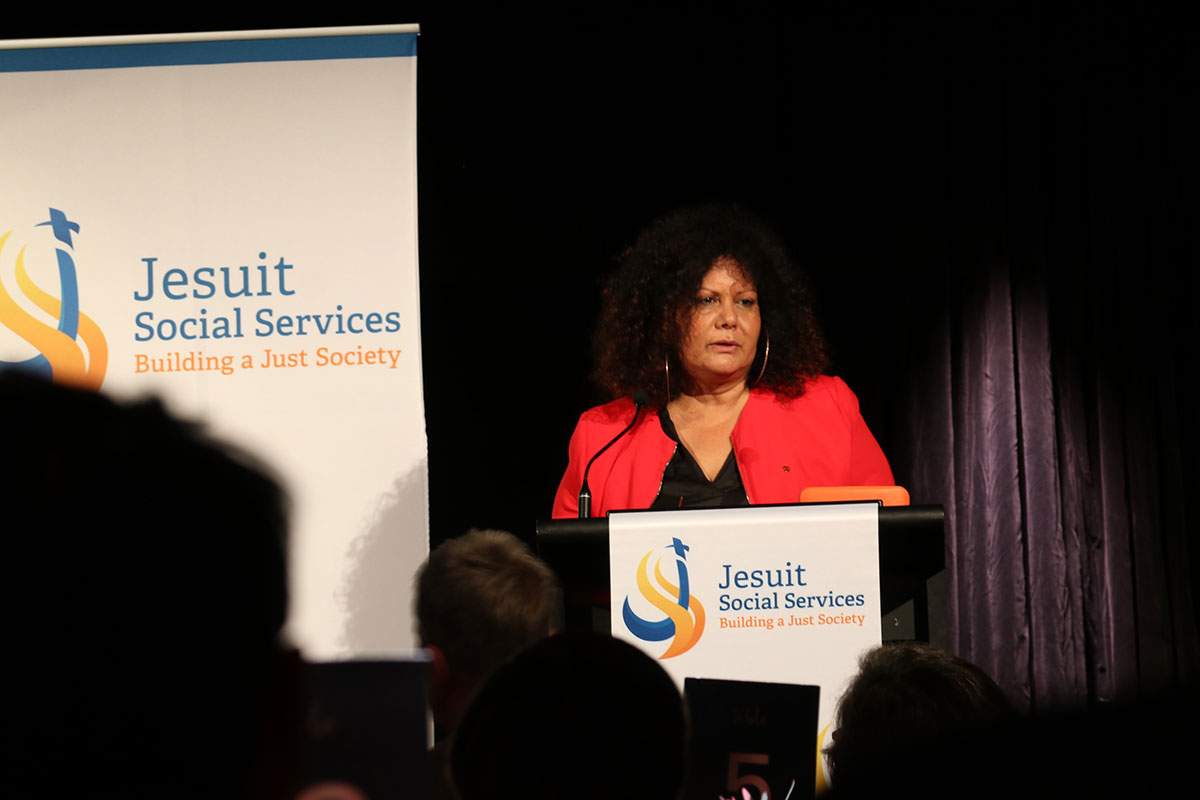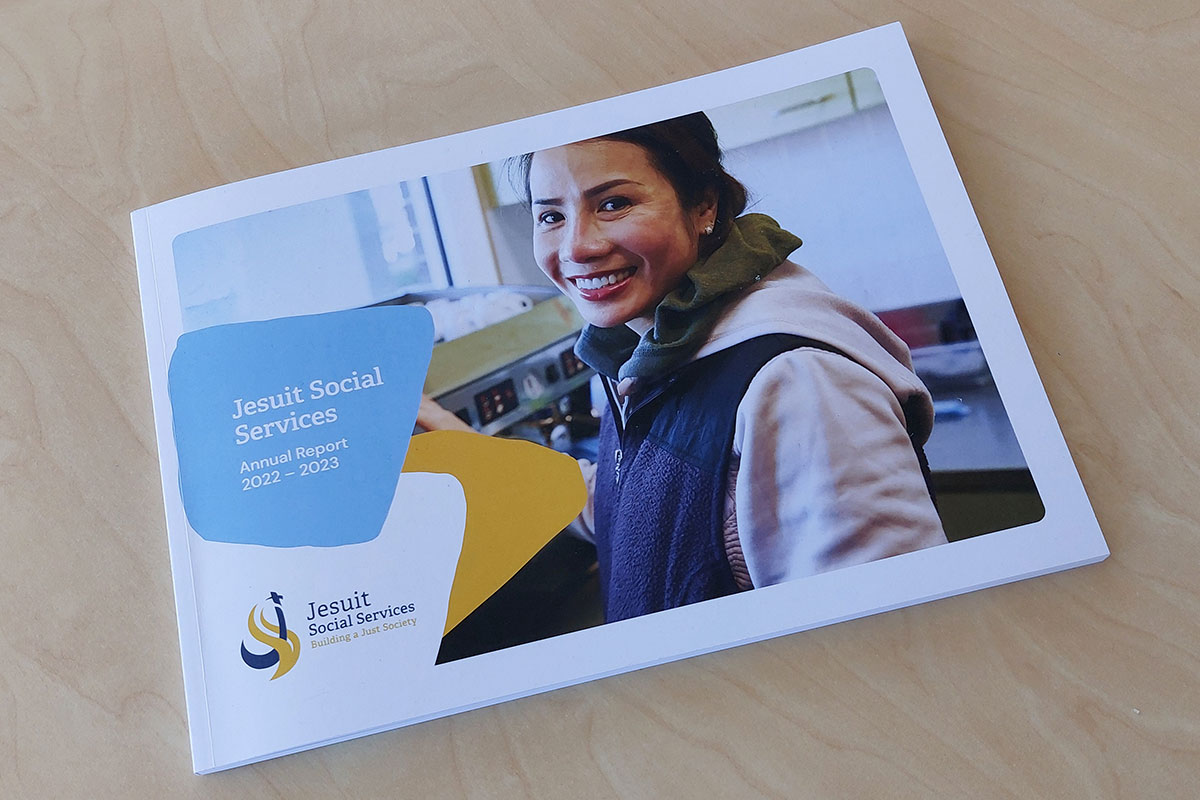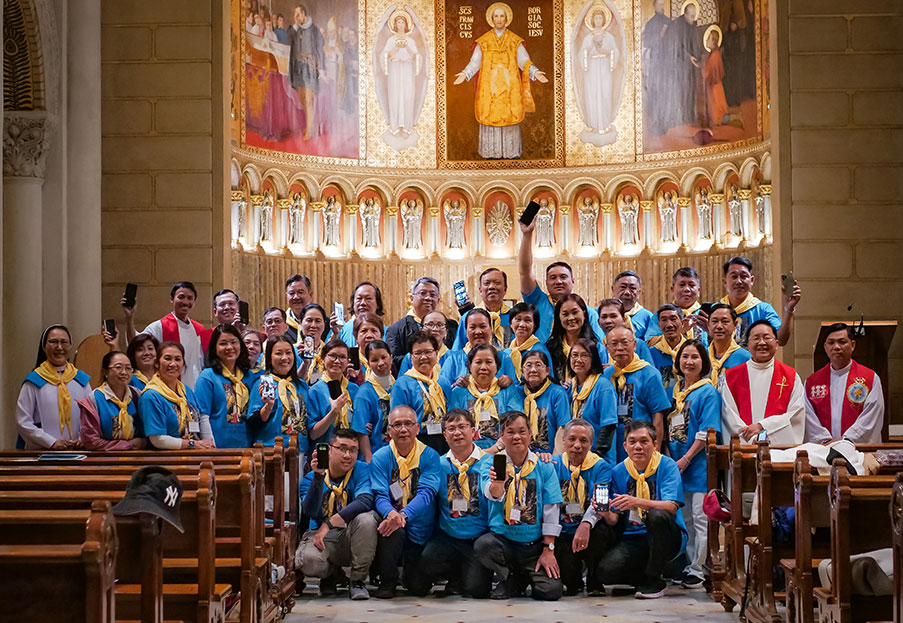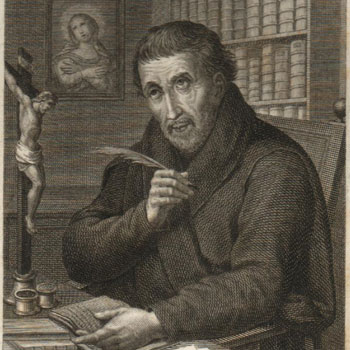Justice: the key word to define Jesuit Social Services in Australia
Father General’s visit to the Australian Province – in Melbourne
On 29 January, Father Sosa spent a large part of the morning at Jesuit SocialServices (JSS). Among the flagship works of the Society of Jesus in Australia, JSS stands out. This social center belongs to the long tradition of Jesuit institutions that value social research as well as advocacy and concrete engagement. JSS in Melbourne is dealing with a wide range of topics, among them, the “Justice and Reconciliation” program, which helps ex-prisoners to successfully transition back into the community. Time and energy is also given to the accompaniment of people with mental health challenges, helping them establish healthy social connections. The center supports communities interested in building connections with people seeking asylum, newly arrived migrants and First Nations people. JSS also promotes “gender justice” with “The Men’s Project”, helping boys and men to live respectful, accountable and fulfilling lives. Finally, the commitment to the care of the common home is strong: the team at JSS believes that the natural world can play an important role in healing and seeks to nurture the relationship between people and their environment.
Julie
Edwards is the Chief Executive Officer of JSS. A social worker by profession,
she has been with this Jesuit work since 2001. With some forty years of
experience engaging with marginalized people and families in difficulty, she is
passionate about finding ways to give practical expression to her social
justice values and about exploring the most effective means to build a more
just society. Julie is well known in the Jesuit worldwide community of partners
involved in social justice and environment issues. For instance, she is a
member of the Justice in Mining network. We asked her about the “Jesuit
“and “Ignatian” dimensions of the activities of Jesuit Social Services.
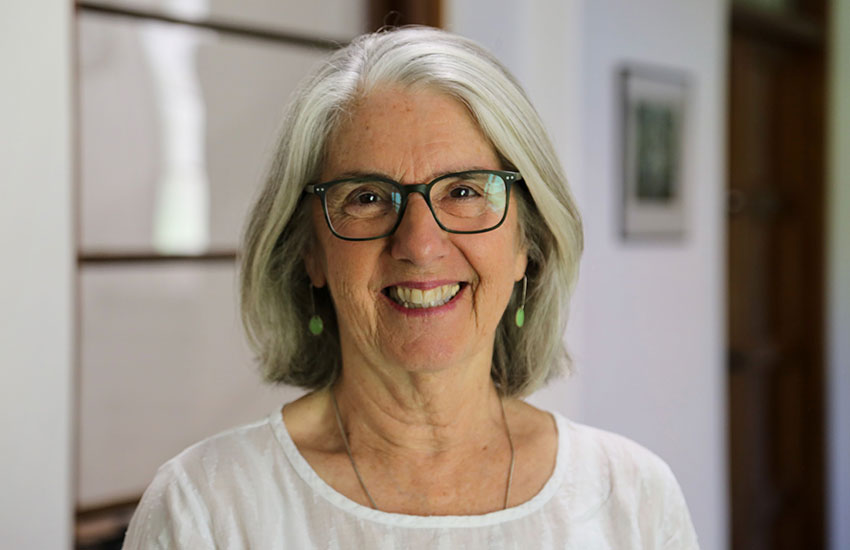
Julie Edwards, JSS is defined as a “social change organisation”; you work to build a just society. The news has not been so encouraging in recent years on this front. How do you and your staff stay motivated?
We have a strong organisational identity drawn from the deep roots of our Jesuit/Ignatian heritage; we make this accessible for everyone to guide and sustain the work, which, in a reciprocal relationship, keeps those roots alive and strengthens our heritage. Because we operationalise our ‘big vision’ (arguably unachievable) of building a just society through the three domains of our people, practice and processes, in some small ways it is always within reach. It is possible through how we relate to each other, through our discernment processes, our accompanying of people, our advocacy. This understanding helps us see our efforts in humble but important ways, and helps sustain hope.
Even more fundamentally, Jesus’ message of love, solidarity, relationship, humility and care for the most disadvantaged is foundational to who we are, what we do and the approach we take in all our activity.
Can you identify some significant achievements towards a “just society” that JSS has contributed to?
We
impact on the lives of thousands of people each year through our daily work. In
addition, here are some significant achievements we have contributed to: age of
criminal responsibility increased from 10 to 12 years in a number of
jurisdictions; connection between social and ecological (in)justice promoted
and demonstrated; gender justice promoted by working directly with boys and men
to be their best selves plus building an understanding of, and addressing, the
gendered nature of violence, particularly against children and women.
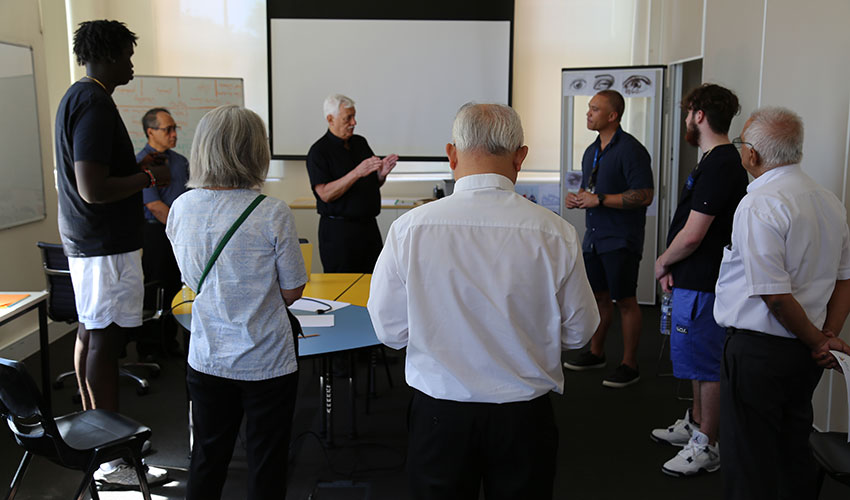
Finally, how relevant is it for you and your staff to have Father General visiting JSS?
Fr Sosa’s visit is very significant for us – a first! We connect strongly with his vision as articulated through the Universal Apostolic Preferences (UAPs) of the Society of Jesus.
About
the first UAP, showing the way to God, we put considerable effort into making the
Ignatian spirituality and heritage accessible to deepen the spirit of our staff
and the people we engage with. Evidently, we walk with the excluded (UAP2) not
simply offering services but having the restorative justice as a key to our
approach. We have a strong focus on accompanying young people (UAP3) who have
been neglected or discarded, especially in the criminal justice system. The fourth
UAP, on the care for our common home, aligns with our understanding of the
interconnectedness of everything and the relationship between social and
environmental justice.
